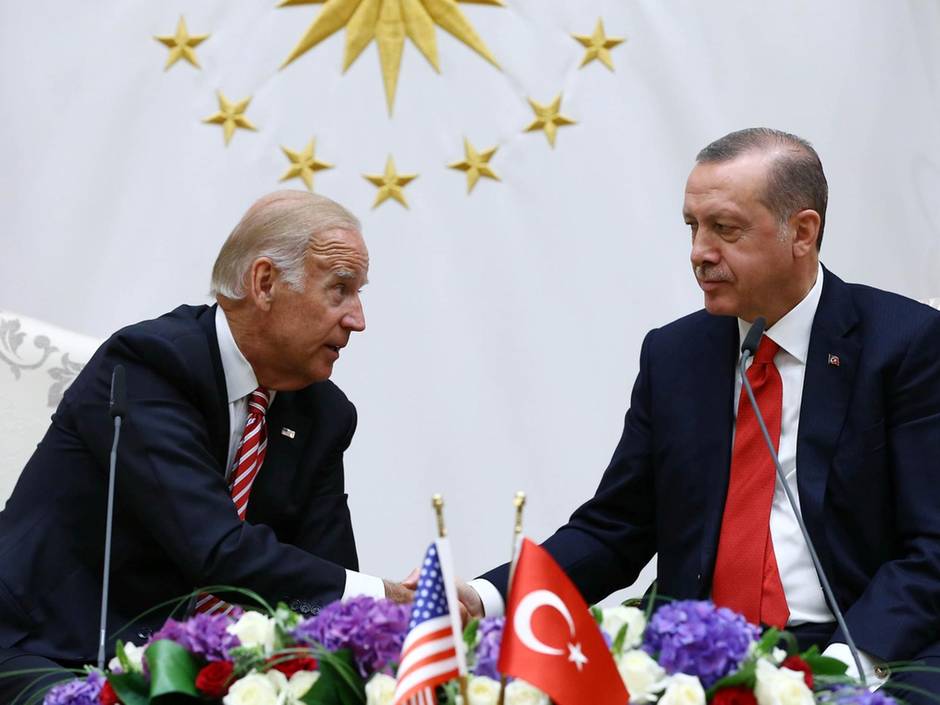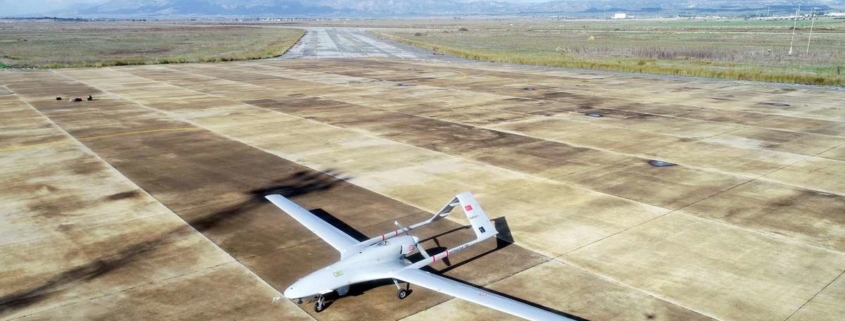The changing face of warfare: why Nato needs to talk about unmanned combat drones
The advancement of unmanned combat drones in several leading nations must be addressed by Nato, senior academics and defence analysts have said.
Alliance chiefs meet on Monday when the growing menace of armed drones programmed with artificial intelligence may not feature high on the agenda, but cannot be ignored for much longer.
Countries such as Turkey, Russia, Britain, China and the US are developing advanced unmanned aircraft that can select humans or fixed military targets and launch missiles without a living being’s command. That creates moral, legal and strategic questions.
Although the communique is likely to welcome Washington’s re-engagement and condemn Nato’s adversaries, defence experts told The National the drone issue needs to be discussed.

“Autonomous armed drones are absolutely something that Nato can’t ignore any more,” Dr Julie Norman of University College London said. “From what we’ve heard it’s something that’s going to be a part of the conversation. Leaders are looking at the Nato 2030 initiative with a view to the new technological changes and threats.”
Putin will very much want to see what’s going on behind Biden’s eyes
Dr Alan Mendoza
The ease with which Turkey’s Bayraktar TB2 unmanned aircraft took out Syrian tanks and Armenian armour last year was an “eye-popping” evolution on the battlefield, defence expert Prof Michael Clarke told The National. “Armed drones are a serious issue and their success has done Turkey’s military reputation no end of good. But it has also started to change the balance of thinking about ground forces in Europe.”
One problem is that not all Nato partners favour the autonomous killing machines and Germany in particular has taken a hard line. Jack Watling, of the Royal United Services Institute think tank, said the Germans were “locking themselves out” of a system that could take out enemy radars and missiles.
“But for how long the Germans can hold their…


